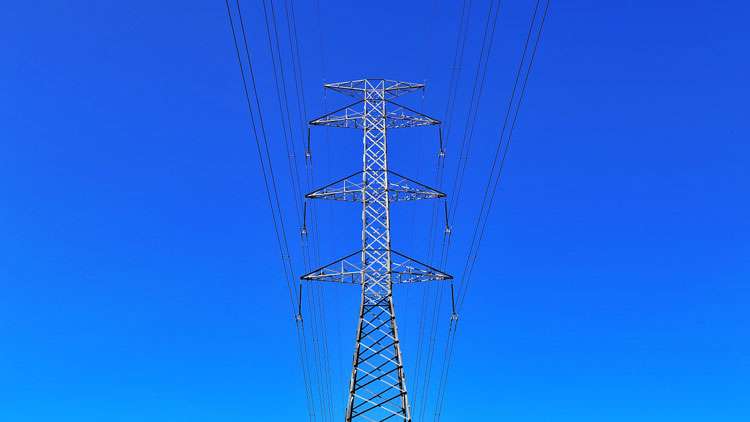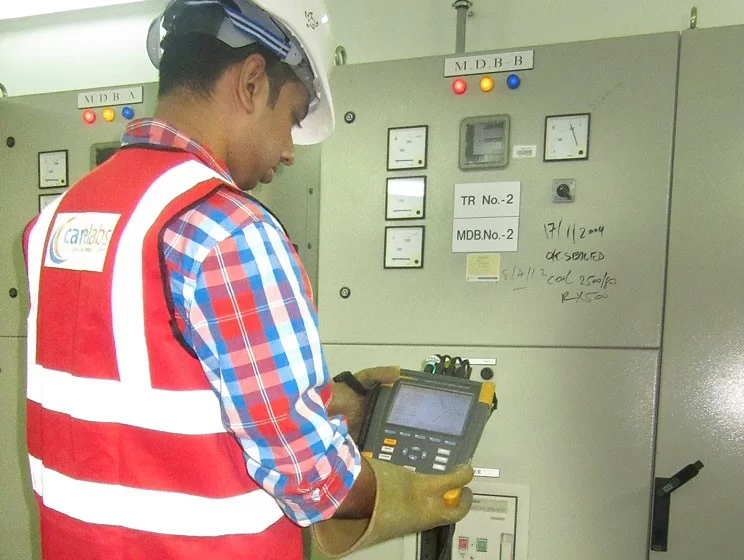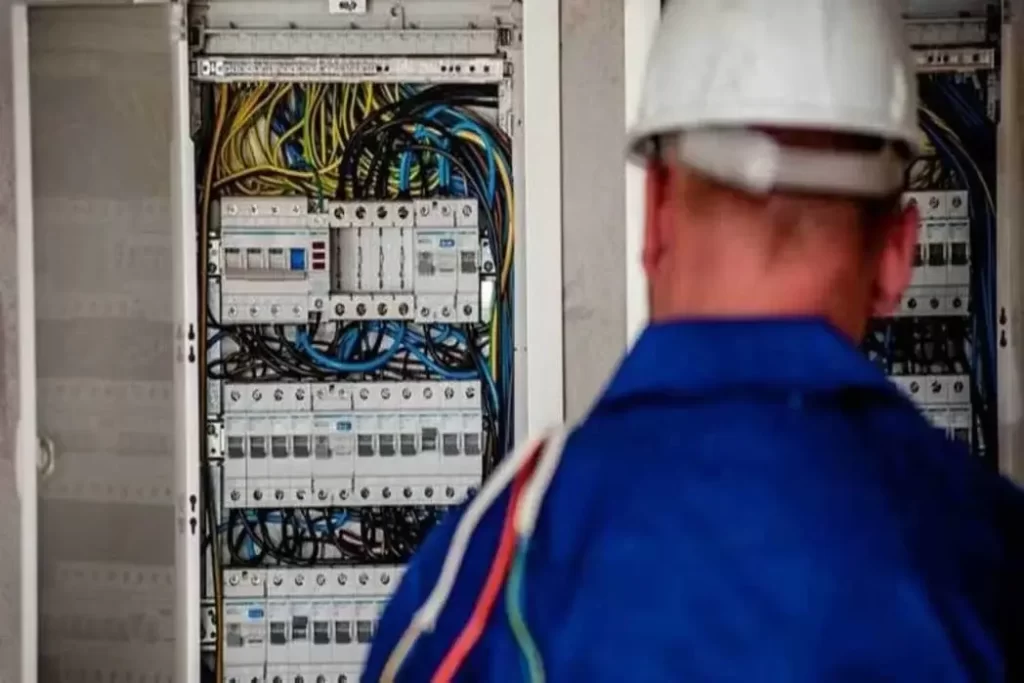FAQ
In Canada, regulations concerning electrical safety are overseen by various authorities including the Canadian Electrical Code (CEC), Occupational Health and Safety (OHS) regulations, Electrical Safety Authority (ESA) regulations, and National Building Code of Canada (NBCC). These regulations encompass safe wiring, installation of equipment, safety in the workplace, and handling of hazardous materials. Compliance guarantees protection against electrical risks and boosts a secure working environment.
Ensuring compliance with electrical safety standards in Canada involves several steps. First, familiarize yourself with relevant regulations such as the Canadian Electrical Code (CEC) and Occupational Health and Safety (OHS) requirements. Conduct regular inspections, provide training for employees, and work with certified professionals. Implement proper documentation and stay updated on any changes to regulations to maintain compliance.
Electrical safety training courses in Canada can be found through accredited organizations, vocational schools, and online training providers. Look for courses that cover topics such as the Canadian Electrical Code (CEC), safe work practices, and proper use of personal protective equipment (PPE).
Not following electrical safety procedures in Canada can lead to serious risks such as electric shock, fires, injuries, and fatalities. Non-compliance with regulations can also result in legal liabilities, fines, and damage to reputation.
To protect against arc flash incidents in a Canadian workplace, implement measures such as conducting arc flash hazard analyses, providing appropriate personal protective equipment (PPE), following safe work practices outlined in the Canadian Electrical Code (CEC), and ensuring proper training for employees.
Electrical safety audits in Canada typically involve inspecting electrical systems, equipment, and procedures to ensure compliance with regulations such as the Canadian Electrical Code (CEC) and Occupational Health and Safety (OHS) standards. It's essential to hire certified professionals for thorough audits.
Yes, there are specific guidelines for electrical grounding and bonding in Canada outlined in the Canadian Electrical Code (CEC). These guidelines ensure the safe operation of electrical systems by providing a path for fault currents to ground and reducing the risk of electric shock and equipment damage.
Certified electrical safety consultants in Canada can be found through professional organizations, industry associations, and specialized consulting firms. Look for consultants with experience in conducting electrical safety assessments, audits, and training programs.
The required PPE for electrical work in Canada includes insulated gloves, safety glasses, arc flash suits, and flame-resistant clothing. The specific PPE requirements depend on the nature of the work, voltage levels, and potential hazards present.
Not having an electrical safety program in Canada can lead to serious consequences such as accidents, injuries, property damage, legal liabilities, fines, and regulatory non-compliance. Implementing a comprehensive safety program is essential for protecting employees and assets.
Our FAQ page offers straightforward responses to inquiries about Carelabs’ Arc Flash Study services. Find essential details on safety assessments, compliance, and more, simplifying your search for information. To learn more about Arc Flash Studies click here








